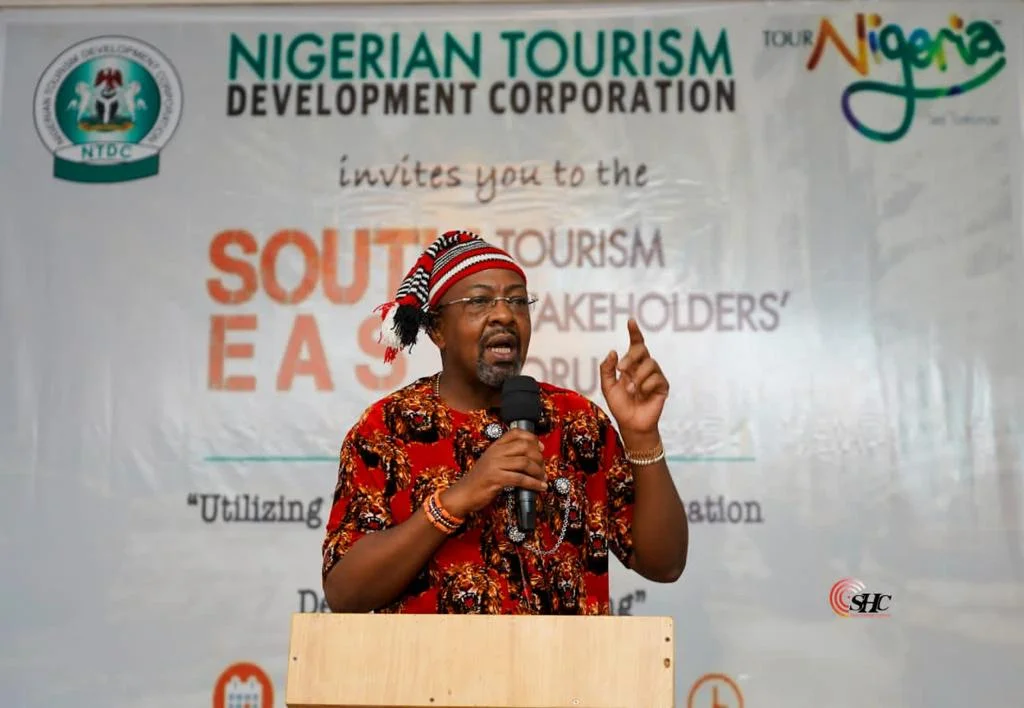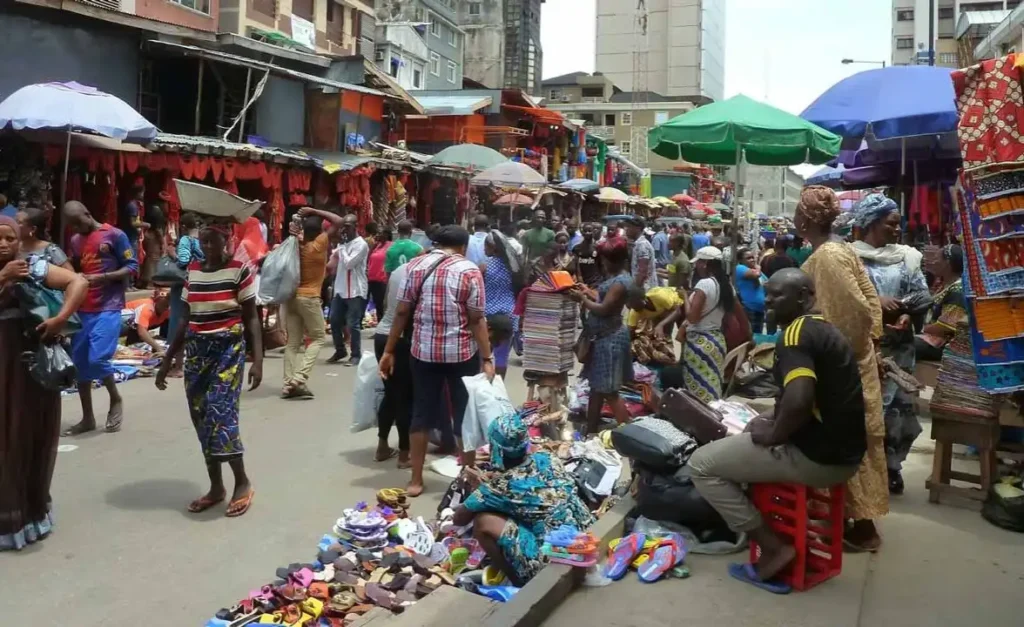In 2024, Nigeria’s tourism sector experienced unprecedented growth, marking a significant rebound following years of global travel restrictions due to the COVID-19 pandemic. As international borders reopened and confidence in global mobility returned, Nigeria quickly positioned itself as a vibrant destination for both local and foreign travelers. This resurgence led to record-high tourist arrivals, a boom in domestic exploration, and a revitalization of cultural and heritage sites across the country.
International Tourist Arrivals Surge
According to the Nigerian Tourism Development Corporation (NTDC), international visitor arrivals increased by over 35% compared to 2023, signaling renewed global interest in Nigerian destinations. Tourists from the United States, United Kingdom, France, South Africa, and other African nations flocked to Nigeria’s cities and countryside, seeking cultural experiences, festivals, and unique cuisine. Major urban hubs like Lagos, Abuja, and Port Harcourt recorded particularly high footfall, while cultural events like the Calabar Carnival and Osun-Osogbo Festival saw record attendance.

Domestic Travel on the Rise
While international tourism flourished, domestic travel also experienced a notable upswing. Nigerians increasingly embraced local tourism, with many exploring scenic spots such as Obudu Mountain Resort, Erin Ijesha Waterfalls, and the Idanre Hills. State governments launched targeted campaigns to promote regional tourism, including eco-tourism and rural adventure destinations. Young people, especially Gen Z and millennials, played a key role in driving this trend, using social media platforms to showcase their travel experiences and spark national interest in lesser-known destinations.
Government Policies and Infrastructure Drive Growth
The Federal Government, in collaboration with state authorities, rolled out new tourism development strategies in 2024 aimed at transforming the sector into a major economic contributor. These included enhanced security measures at tourist sites, investments in road and airport infrastructure, and the digitalization of travel services such as hotel bookings, tour guide platforms, and travel documentation.
Public-private partnerships also played a role in the construction and renovation of resorts, hotels, and event centers. Several new airlines launched domestic routes, improving accessibility to key tourist locations. Furthermore, visa facilitation programs and tourism investment incentives attracted more foreign interest and business into the hospitality sector.
Cultural Events and Festivals Fuel Visitor Interest
Nigeria’s rich cultural calendar proved to be one of its strongest tourism assets in 2024. Events such as the Lagos Tourism Summit, the Argungu Fishing Festival, and the Abuja International Carnival gained international media attention, helping project Nigeria as a cultural tourism hotspot. These events were bolstered by increased funding, organizational improvements, and strategic marketing campaigns.
Technology and Innovation Empower the Sector
Technology played a critical role in modernizing Nigeria’s tourism landscape. Digital platforms helped travelers plan trips more efficiently, while tourism boards used virtual tours and mobile applications to promote destinations. Nigerian tech startups also developed travel apps to help users locate accommodations, book tours, and access real-time safety updates.
Economic Impact and Future Outlook
The resurgence of tourism in 2024 had a ripple effect on Nigeria’s economy. The hospitality sector saw increased revenues, job creation surged in tourism-related services, and small businesses in arts, crafts, food, and transportation thrived. Industry experts believe that, with sustained investment, better infrastructure, and continued promotion of local culture, Nigeria is poised to become a leading travel destination on the African continent.
Despite ongoing challenges such as inadequate transportation networks in remote regions and occasional security concerns, the momentum gained in 2024 suggests a strong foundation for long-term growth. Stakeholders remain optimistic that tourism could soon rank among the top contributors to Nigeria’s GDP.






